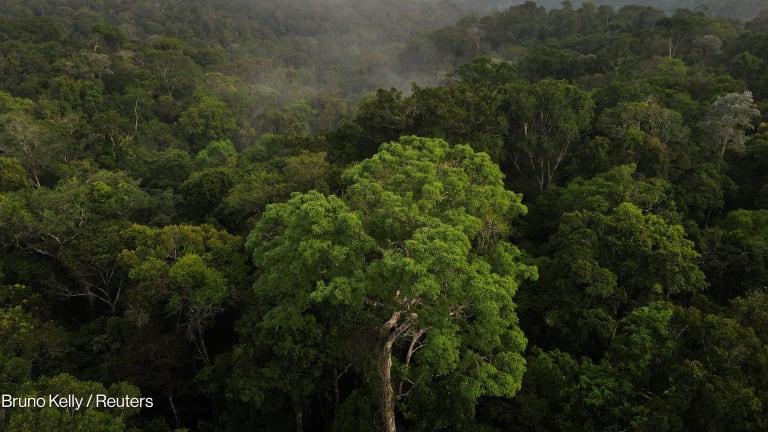The US Chamber of Commerce has thrown its support behind potential moves that could increase funding for two investment divisions of the World Bank Group, the business group said Nov. 16. The chamber said the Obama administration plans to look into capital increases for the International Bank for Reconstruction and Development (IBRD) and the International Finance Corporation (IFC), Dow Jones reported. In October, Treasury Secretary Tim Geithner, while in Istanbul, said the agency was "carefully reviewing the financial capacity of all the [multilateral development banks, including the World Bank]." The Treasury Department expects to complete the capital reviews by the first half of 2010, he said. The chamber sent a letter to the Senate Foreign Relations Committee, saying it supports initiatives to increase funds to those World Bank entities. According to the chamber, the capital increase - from all countries that are stakeholders - would be between USD 5-7 billion. The US contribution would be about USD 840 million, to be paid in installments over five years, or about USD 168 million annually for five years.
The global economy faces serious hurdles next year including "large-scale" unemployment in rich nations, asset bubbles, and backsliding towards protectionism, the World Bank chief said last week. In a sobering assessment of the fragile status of the economic recovery, Robert Zoellick outlined a list of potential pitfalls to a business forum on the sidelines of an Asia-Pacific summit. High unemployment is likely to cause ‘second-wave effects' to financial institutions as problems will continue in consumer loans, credit card loans and mortgages and sometimes commercial properties, Zoellick said. He said rising unemployment will also prompt political leaders to raise barriers and take up protectionism measures to defuse political pressures. Zoellick said that another little-mentioned risk was the specter of inflation in the Asia-Pacific region after central banks moved to ‘open the tap of liquidity' in the face of the crisis.
European and Latin American trade officials are close to a deal over bananas that would end the longest-running dispute in the history of the World Trade Organization (WTO) and could lead to lower prices for consumers. A draft settlement seen by the Financial Times calls for the European Union to cut sharply duties on bananas and dozens of other tropical products. It could be signed this week, said people familiar with the talks. The parties are still in talks with the US but are confident the same terms would win Washington's backing. The "banana wars" date back to 1993 and have generated animosity and recriminations among the primary parties and within the 27-member EU. The proposed settlement could also boost the sputtering Doha round of world trade negotiations by ironing out tariffs for dozens of tropical products, according to European officials. It could also clear the way for the EU to conclude free trade agreements with countries in Central and South America.








